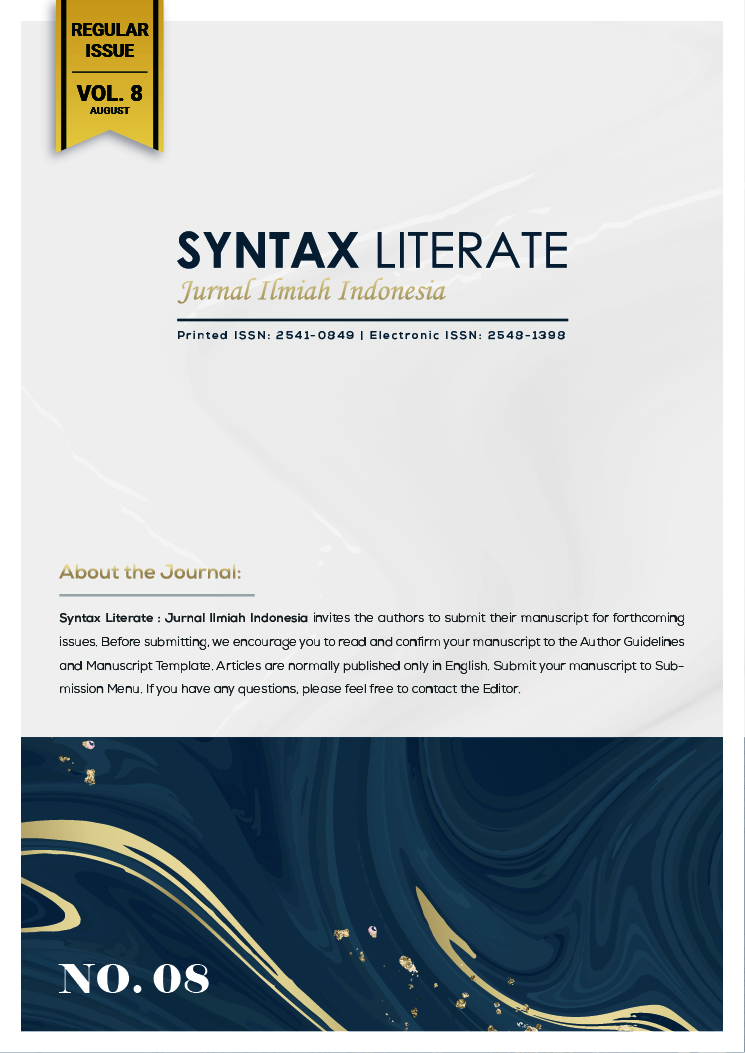Local Communıty-Based Infrastructure Internet Utılızatıon and Dıgıtal Fınancıal Inclusıon
Abstract
Due to Covid-19 pandemic, there has been a significant increase in internet penetration in Indonesia, as in 2023 internet users in Indonesia amounted to 78.19% of the total population. In addition, there has been a change in behavior in internet use, one of which is behavior in accessing financial services. The activity of accessing financial services and products via the internet above is evidence of developments in information and communication technology that have revolutionized the landscape of the financial industry, where now financial services can be accessed in a more efficient, cheaper way, and there is no need to come in person. However, although increasing access to technology is often associated with wider use of digital financial services, there is various empirical evidence that also points to obstacles to sustainable digital financial inclusion, such as poor network connectivity and low levels of digital literacy. Despite Indonesia's growing internet infrastructure and services,, the challenge of the digital divide is still a real problem. This is especially felt by people who live in rural and remote areas. This study aims to explain the utilization of local community-based internet infrastructure in the form of a digital literacy program conducted by Common Room for its digital financial inclusion beneficiaries. This study uses a mixed method, where quantitative data is analyzed through descriptive statistics and multiple linear aggression and qualitative analysis aims to confirm the quantitative findings. The results of this study are that digital literacy is able to mediate financial inclusion towards digital financial inclusion. However, digital literacy has not been able to mediate financial literacy towards digital financial inclusion. Therefore, a financial literacy education program is needed as a complement to the existing digital literacy program.
Downloads
Copyright (c) 2023 Irischa Pramesti Anindito, Taufik Faturohhman

This work is licensed under a Creative Commons Attribution-ShareAlike 4.0 International License.











